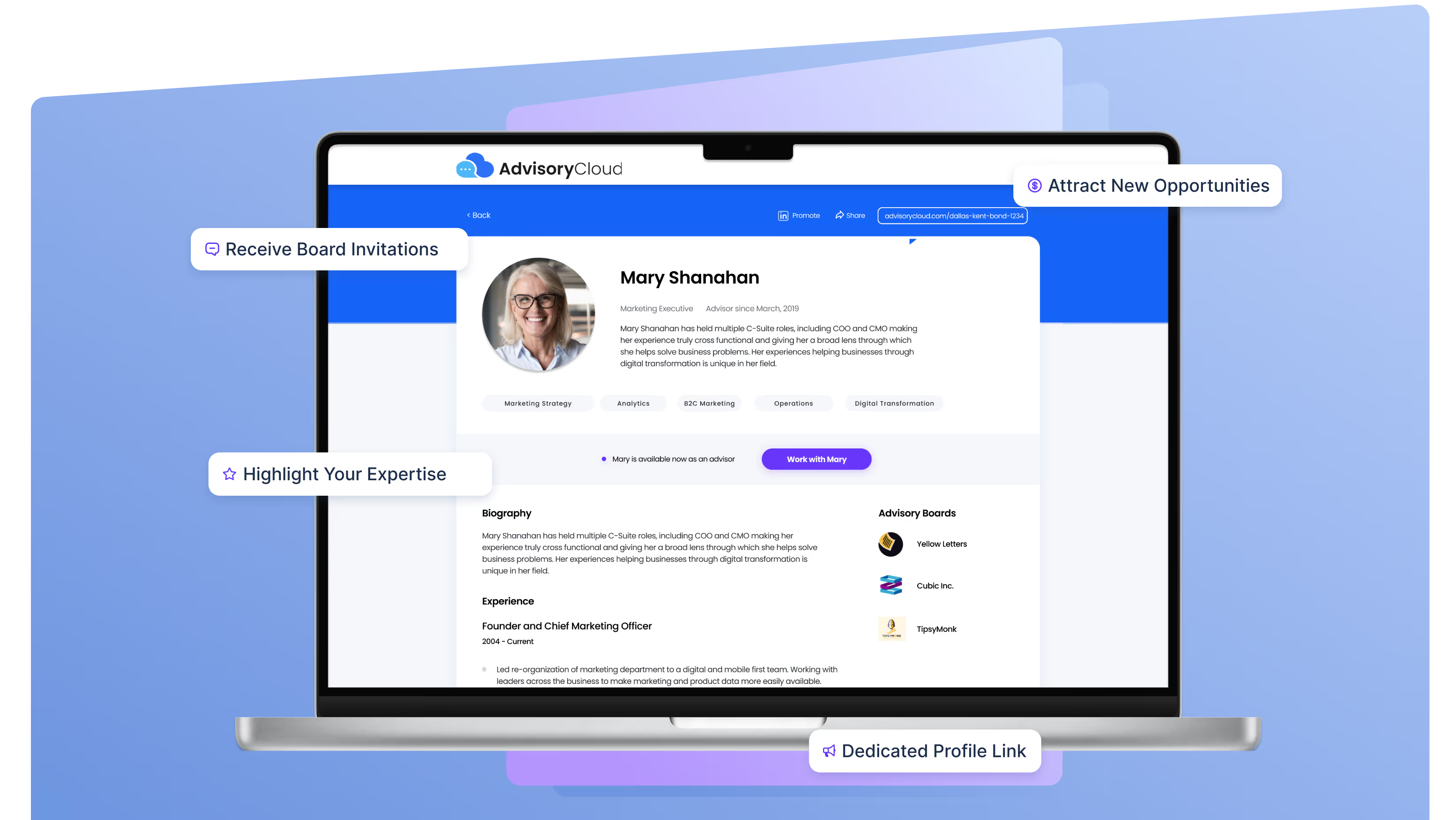March 6, 2023

5 Ways to develop as a leader in your role.
Having leadership qualities within a role is an important factor in setting a team up for success. Whether you’re already a leader in your field, looking to become one, or working to develop the leadership skills you already possess, there are key steps you can take to grow your capabilities and become the leader your team needs. Here we outline five ways to develop your leadership capabilities.
Identifying Your Strengths and Weaknesses as a Leader.
The first step in developing as a leader is understanding which traits you possess and which you may need to acquire. Take a reflective look at what makes you an effective leader and where you’re likely to fall short. Do you find connecting with team members easily? Are you comfortable speaking up in difficult conversations? Or perhaps more inclined to lead via influence? Consider both your strengths and weaknesses, and be honest with yourself about areas in which you may need to grow. This self-awareness will enable you to create an actionable plan to move forward.
Once you have identified your strengths and weaknesses, it is important to create a plan to develop and improve upon them. If you are strong in communication, for example, you may want to focus on developing your public speaking skills. If you are weak in decision-making, you may want to focus on researching and understanding the different approaches to decision-making. Additionally, it is important to seek out feedback from your peers and mentors to gain a better understanding of how you can improve.
Finally, it is important to remember that developing as a leader is an ongoing process. As you grow and develop, it is important to continually assess your strengths and weaknesses and adjust your plan accordingly. By taking the time to reflect on your strengths and weaknesses, you can create an actionable plan to become a more effective leader.
Enhancing Your Communication Skills to Lead Effectively.
Developing strong communication skills is essential in order to effectively lead and motivate a team. It is important to be able to communicate the goals of the organisation in an engaging manner, as this will encourage the team to stay focused and united. Additionally, it’s important to be an active listener, ensure clear and concise communication at all times, and ask appropriate questions in order to solicit honest feedback from team members — all of these aspects of communication are important for successful leadership.
In order to be an effective leader, it is also important to be able to effectively manage conflict. This means being able to identify the root cause of the conflict, and then finding a way to resolve it in a way that is beneficial to all parties involved. Additionally, it is important to be able to provide constructive criticism in a way that is respectful and encouraging. This will help to foster a positive working environment and ensure that team members are motivated to do their best.
Finally, it is important to be able to effectively delegate tasks and responsibilities. This will help to ensure that tasks are completed in a timely manner, and that team members are able to work together to achieve the desired results. It is also important to be able to provide feedback and recognition to team members in order to ensure that they feel valued and appreciated for their contributions.
Establishing Yourself as a Leader Through Confidence and Self-Awareness.
To truly grow into a successful leader, one needs to embody the presence and confidence of a leader. This comes from making decisions with conviction and being comfortable in challenging situations. By optimizing your problem-solving approach, maintaining presence of mind in times of stress, and displaying empathy towards team members when needed — all key qualities of successful leadership — you can build expertise and deepen your understanding of how to lead with confidence.
It is also important to be self-aware and understand your own strengths and weaknesses. This will help you to identify areas for improvement and focus on developing the skills that will help you become a better leader. Additionally, it is important to be open to feedback and criticism from others, as this can help you to identify areas for improvement and grow as a leader.
Developing Your Problem Solving Abilities to Overcome Challenges.
We all face dilemmas and obstacles at some point in our career, but having strong problem-solving skills is an excellent way to tackle them. Leaders must stay calm under pressure and think analytically about the situation at hand, weighing up the pros and cons of different options and discussing them with their teams. This requires practice, so look for opportunities to put your problem-solving skills into practice, using previous examples as a learning tool in the process.
It is also important to remember that problem-solving is a process, and it is important to take the time to understand the problem before jumping to a solution. Ask questions, do research, and talk to others to gain a better understanding of the issue. Once you have a clear understanding of the problem, you can then begin to brainstorm potential solutions. Consider the pros and cons of each option and decide which one is the best fit for the situation. Finally, take action and implement the solution.
Leveraging Your Leadership Skills to Influence Others Positively.
Leadership involves displaying qualities that can motivate people to work productively towards shared goals. A successful leader will not just be able to drive their team towards success, but also be open to feedback, encouraging creativity, and working collaboratively. By demonstrating these qualities, you will be better able to inspire others in their roles and show them the potential that lies ahead of them.
Leadership is not just about setting goals and achieving them, but also about creating an environment where everyone feels valued and respected. This means that leaders should be open to different perspectives and ideas, and be willing to listen to the opinions of their team members. Additionally, leaders should be able to provide constructive feedback and guidance to help their team members reach their goals. By creating a positive and supportive environment, leaders can help their team members reach their full potential.
Learning from Mentors and Role Models Along the Way.
One of the most beneficial methods of developing your leadership skills is learning from mentors and role models. Seek out those around you with complementary expertise, and use them as a sounding board for your ideas. In addition, pick up books about well-known leaders or watch documentaries about them for inspiration in how they interact with their teams. This will also provide real-life examples for how leadership works in different environments.
It is also important to remember that leadership is not a one-size-fits-all approach. Different people have different styles and approaches to leading, and it is important to find the one that works best for you. Take the time to observe how different leaders interact with their teams and how they handle different situations. This will help you to develop your own unique style of leadership that works for you and your team.
Crafting a Vision for Yourself and Others as a Leader.
Having an idea of where you want your team to be in the future is a great way to focus everyone on the end goal and will provide a sense of direction and purpose. Crafting a vision that motivates your team will encourage colleagues to work together better and strive for success. What’s more, having clearly defined metrics for success can help ensure performance is tracked in the most effective manner.
It is important to remember that a vision should be flexible and open to change. As the team progresses, the vision should be adjusted to reflect the new goals and objectives. Additionally, it is important to ensure that the vision is communicated to all members of the team, so that everyone is on the same page and working towards the same goal.
Building an Effective Team Around You to Reach Goals Quicker.
As part of developing yourself as a leader, it is important to build an effective team around you that complements your own skill set. Look for colleagues with different backgrounds who can work together with different approaches and perspectives —diversity will help drive innovation and creativity within the team. Don’t forget that collaboration encourages productivity —build an environment where everyone’s ideas are taken into account and considered equally.
It is also important to ensure that everyone on the team is given the opportunity to contribute and that their contributions are valued. Encourage team members to take ownership of their work and to take initiative. This will help to foster a sense of responsibility and accountability within the team, which will help to ensure that goals are met quickly and efficiently.
Taking Actionable Steps Toward Becoming a Great Leader in Your Role.
Finally, the best way to truly become a great leader is by taking actionable steps towards this goal. Whether this means attending seminars or getting coaching, or taking on additional responsibility effort to tap into new areas of expertise — it’s important to recognize when you have achieved success and when you have made mistakes; take note of what works best for your team and move forward accordingly. Becoming a great leader requires constant learning and self-development — never stop striving towards betterment.
It is also important to remember that great leaders are not born, they are made. It takes hard work and dedication to become a great leader, and it is important to stay focused on the goal. Additionally, it is important to be open to feedback and criticism, as this can help you to identify areas of improvement and to become a better leader. Finally, it is important to be a role model for your team, and to lead by example. By doing this, you can inspire your team to reach their full potential.
See what boards you match with.
See what you qualify for with our 2-minute assessment.


Similar Articles

August 20, 2025
What every CIO needs to do in their first 100 days.
August 20, 2025
The Top 10 Mistakes that CEOs Make
August 20, 2025
The 8 Qualities of high performing CEOs
August 20, 2025
Setting Non-Financial Goals for Career Success
August 20, 2025
How to Choose the Right Mentor: A Comprehensive Guide
August 20, 2025
How to become a business advisor as a VP of Marketing
August 20, 2025
How to Become a Board Member: A Step by Step Guide
August 20, 2025
How networking with your executive peers will help you grow.
August 20, 2025
Do You Need a Sponsor or Mentor to Advance Your Career?
August 20, 2025
Achieving Tech Career Goals for Mid-Career Professionals






